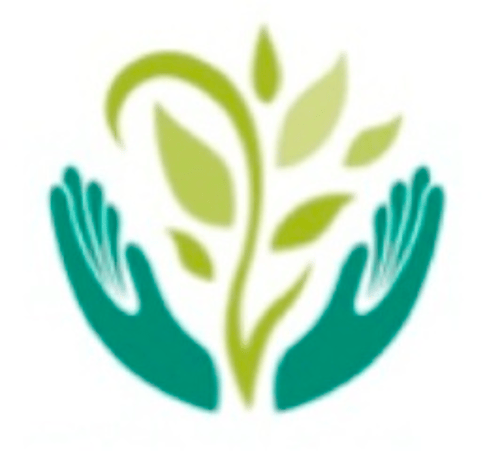Psychotherapy
The Temple of Kukulkan at Chichen Itza, Mexico. Kukulkan is the Feathered Serpent Deity of Mayan mythology, representing the dual nature of the human experience: human and divine.
"The unexamined life is not worth living for the human being."
Socrates
Psychotherapy is a regulated health profession in Ontario. I think of it as the profession that brings the “mind” and “spirit” elements of the “body-mind-spirit” trilogy back into the clinical setting. Registered Psychotherapists (RP) assess and treat cognitive, emotional, and behavioural disturbances. There are many different historical influences, many different psychotherapy techniques, and many different interpretations and executions of each type. For more information on the profession visit the College of Registered Psychotherapists of Ontario website, and have a look at my Blog entry entitled "Psycho-what?".
Philosophy of Care
"Whether I’ve been massaging bodies, prescribing medicines, inserting acupuncture needles, or facilitating emotional or spiritual awareness, my role has been to help people know themselves, and reckon with their role and place in the grander schemes of life."
“Not everything we face will be changed. But nothing will be changed if it's not faced."
James Baldwin
I work with couples and individuals 16 years of age and older, and I identify as an integrative holistic psychotherapist. The integrative approach draws from many sources, including the five therapeutic models articulated by the College of Registered Psychotherapists of Ontario: cognitive and behavioural therapies, experiential and humanistic therapies, psychodynamic therapies, somatic therapies, and systemic and collaborative therapies.
I would add spiritual work to that list. There are three ways that I envision my role as a psychotherapist and three pillars that I feel are foundational to my work .
My Role
The first way that I envision my role continues from my days as a doctor of naturopathic medicine and aligns with the naturopathic medical principle of “docere”, which is Latin for “doctor as teacher”. Sometimes I feel it is my role to educate and provide resources.
In a second way, my role is similar to that of a guide. A guide may know the terrain you’re travelling and can consult with you on aspects of the path while you
walk it. Or, the territory may be unknown to both of you, but the guide may be carrying a useful “toolbox” that you can make use of.
Thirdly, I see my role as a companion. In this way, I recognize that we both possess experience, knowledge, and wounding, and my role is to be a healing presence, witnessing, supporting, validating, and sometimes challenging, your experience.
Pillars
The first foundational pillar is mindfulness. I believe that being able to pause and observe are critical skills to cultivate in order to explore your inner and outer landscapes. Relationality refers to the central role that I believe relationships play in all dimensions of our well-being. Holism is a governing principle that centres diversity, inclusion, and interdependence throughout the conceptualization and engagement of the therapeutic process.
“It is no measure of health to be well adjusted to a profoundly sick society.”
J. Krishnamurti
The self-awareness that I help others to cultivate is not an individualistic pursuit. On the contrary, I recognize that we humans are a social species and that our individual realities influence, and are influenced by, all the various relationships we engage in from family and friends, to nature and spirit. I believe the invitation is to reflect on social, cultural, racial, political, physical, behavioural, emotional, cognitive, creative and spiritual domains (and others not mentioned). What self-awareness does is allow us to be consciously and authentically present in all of our relationships and actions.
I often feel that I am helping people to craft their own art of living. I like the comparison of a life to a work of art because it suggests permission to explore one’s potential creatively and to encourage the celebration of the unique contribution of each individual. Permission, exploration, creativity, encouragement, celebration and uniqueness are all concepts that I feel are integral to the healing process.
I believe that choices, conscious and subconscious, informed by nature, nurture, and spirit, constellate this unique work of art that is one’s life, and that the more aware we become the more resonant that work of art becomes with one’s notion of life purpose. I believe that although this process reflects the human condition at large, the paths each of us choose to take throughout the journey are unique. I believe that the recognition and embracing of one’s life in its totality is foundational to an emerging state of health. Ultimately, I believe that psychotherapy sessions can help you to recognize and gain access to your cache of inner resources, which are arguably your most powerful, affordable and non-toxic options for healing.
"I feel that the therapeutic relationship is perhaps the most important healing 'intervention' I have to offer."
“Caring for myself is not self-indulgence, it is self-preservation, and that is an act of political warfare.”
Audre Lorde
